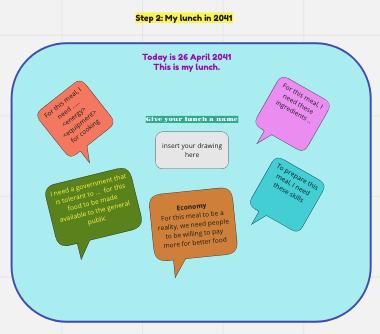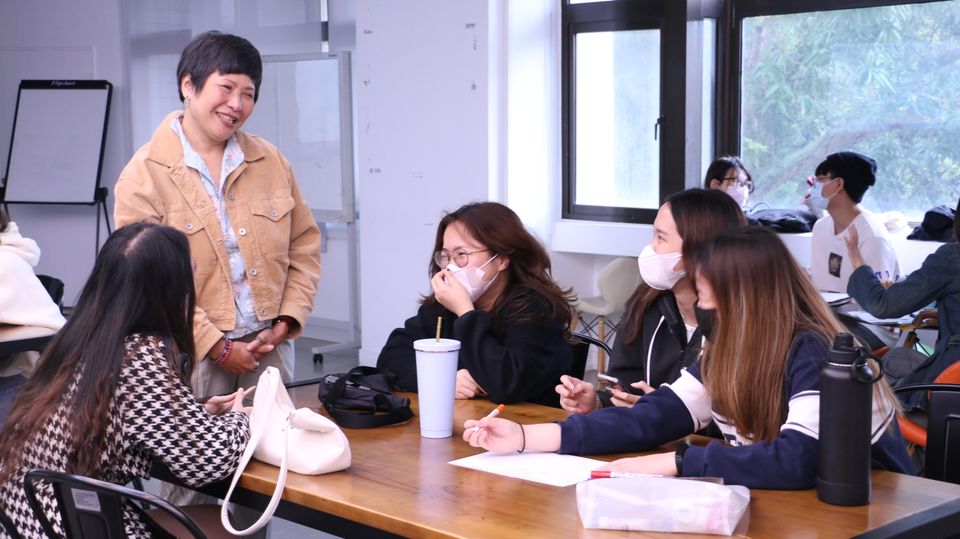Imagination
Exams and performative cultures baked into our education systems have killed curiousity and imagination. Students were baffled when asked to think 'what-if's rather than 'what-is'.

Last week's class was about imagination. Exams and performative cultures baked into our education systems have killed curiousity and imagination. Students were baffled when asked to think 'what-if's rather than 'what-is'. As I was creating a deck of slides to highlight the importance of curiosity and imagination, I'd always fall back to Paul Ciliers' Complexity, Deconstruction, and Relativism (2005)
Creativity’ should not (only) be understood in terms of flights of fancy or wild (postmodern) abandon, but also in terms of a careful and responsible development of the imagination. …It is important that we start imagining better futures, and for that we need better imaginations.
Reading books, listening to music, appreciating art and film is not a form of entertainment to be indulged in after we have done our serious work. These creative activities stimulate the imagination and thereby transform the frameworks we apply when apprehending the world.” (Ciliers, 2005, p264)
The class begins with the role of imagination when we think about the future. The future is open and is plural, hence futures (Bengston, 2018); the future is there though we don't have facts about the future, there are possibilities (Bell, 1997).
“Unless we have some perspective on where we have been, where we are going, and where we want to go in the future, the present is unintelligible” (Bell, 2003a:89).
In an attempt to push students to get out of their comfort-thinking zone - a deck of the NotYetPossible futures cards were used to stir weird, crazy or ridiculous ideas for story telling.


This activity was followed by Imagining Our Future Food in 2041.
What if those scenarios were a reality and we are living them? How might our food look like? What might be the ingredients required, why? What kinds of skills required for preparation, why? What kinds of energy or legal systems might be in place in that situation?


